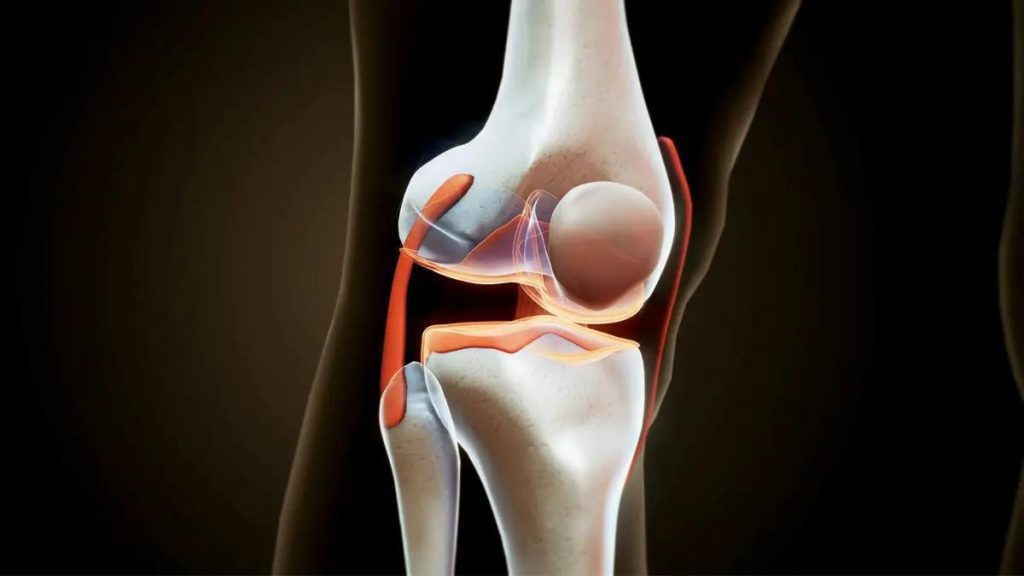In a monumental effort to combat malaria, sub-Saharan African countries have undertaken a groundbreaking project. This initiative, a collaborative effort among global health leaders, has introduced new types of mosquito bed nets across sub-Saharan Africa.
The significance of this project cannot be overstated, especially when considering the current malaria statistics worldwide. According to the World Health Organization, in 2022 alone, there were a staggering 249 million malaria cases and over 600,000 deaths due to this disease. Africa bears the brunt of this mosquito-borne illness, accounting for over 90% of global malaria cases and deaths. Nigeria, for instance, accounts for more than 25% of global malaria deaths.
Children under the age of five are particularly vulnerable to malaria, with approximately half a million children in this age group succumbing to the disease annually.
While traditional mosquito nets treated with pyrethroid insecticides have been effective in the past, their efficacy has declined due to mosquitoes developing resistance. The New Nets Project, piloted between 2019 and 2022 in 17 African countries with high malaria incidence, aimed to address this issue.
The project has yielded remarkable results, preventing an estimated 25,000 malaria deaths and 13 million disease cases in just three years. The new nets are coated with a combination of insecticides, including a standard pyrethroid and a newer generation of pyrrole insecticides, making them more effective against evolving mosquitoes.
The distribution of 56 million nets across 17 malaria-endemic countries in just three years has significantly reduced malaria cases and deaths. Clinical trials and pilot studies have shown that these new nets have improved malaria control by 20% to 50% compared to standard nets. Additionally, the cost-efficiency of these nets is notable, costing only slightly more than traditional nets but potentially saving health systems millions of dollars.
While the New Nets Project marks a significant milestone in global malaria prevention, experts emphasize the need for continued research to develop new tools. Michael Charles, CEO of the RBM Partnership to End Malaria, highlights the importance of investing in a suite of tools rather than relying on single interventions. He considers these new nets as shining examples of malaria-prevention tools.
Led by the Innovative Vector Control Consortium and funded by Unitaid and the Global Fund, the New Nets Project is rapidly gaining momentum. The success of this initiative has paved the way for its expansion to other countries, offering hope for further reducing the burden of malaria worldwide.
Tags: mosquito nets, malaria prevention, sub-Saharan Africa, Global Fund, malaria deaths, malaria cases, mosquito-borne diseases, vector control, Innovative Vector Control Consortium, World Health Organization, Africa health, malaria statistics, malaria control, new mosquito nets, malaria treatment, malaria research, malaria initiatives, RBM Partnership, Unitaid, Global Fund malaria funding







